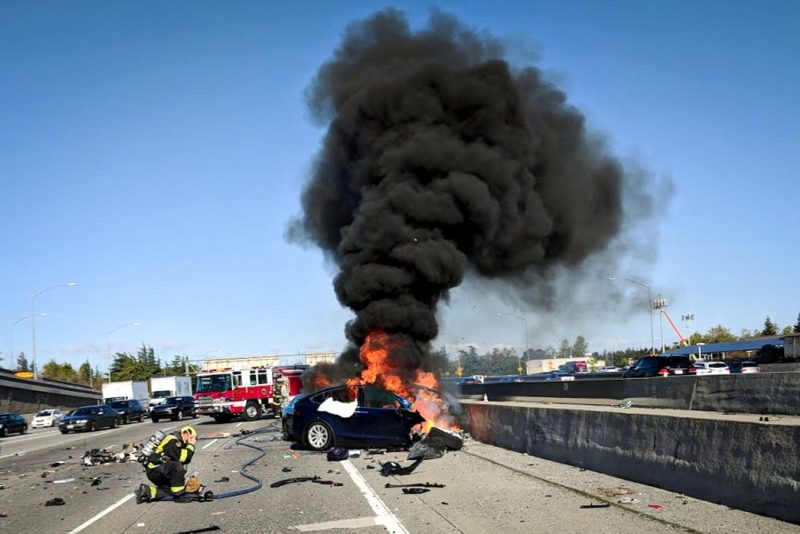
Tesla Resolves Lawsuit After Autopilot Tragedy Claims Life of Apple Engineer
In a recent turn of events, Tesla has settled a lawsuit related to a tragic incident involving an Apple engineer who lost his life in an Autopilot crash. The settlement brings closure to a legal battle that has been ongoing since the unfortunate event occurred. This development sheds light on the complexities and implications of autonomous driving technology in the realm of road safety and accountability.
The lawsuit revolved around the untimely death of Walter Huang, an engineer at Apple, who was involved in a fatal crash while his Tesla vehicle was operating in Autopilot mode. The incident raised concerns about the reliability and safety of autonomous driving systems, particularly in situations where human intervention may be necessary to avert accidents.
Autopilot technology has been a groundbreaking innovation in the automotive industry, promising increased convenience, efficiency, and safety on the road. However, instances like the one involving Walter Huang have underscored the importance of maintaining vigilance and understanding the limitations of such systems.
The settlement reached between Tesla and Huang’s family signifies a significant moment in the ongoing debate surrounding autonomous driving technology. While the terms of the settlement remain undisclosed, it is clear that both parties have found a resolution that eases the burden of legal proceedings and allows for acknowledgment of the tragic loss suffered.
The case also serves as a stark reminder of the need for continuous improvement and rigorous testing of autonomous driving systems. As technology evolves and advancements are made in the field of self-driving vehicles, it is essential for manufacturers to prioritize safety and ensure that their systems are equipped to handle a wide range of real-world scenarios.
Moreover, the legal ramifications of incidents involving autonomous vehicles highlight the complexities of assigning liability in cases where human error and machine autonomy intersect. As regulations and standards continue to evolve in response to these challenges, it is crucial for stakeholders to collaborate in creating a framework that balances innovation with accountability.
Ultimately, the settlement of the lawsuit over the Autopilot crash that claimed the life of an Apple engineer serves as a poignant moment of reflection for the automotive industry. It underscores the responsibilities that come with developing and implementing autonomous driving technology and the imperative to prioritize safety above all else. As the sector continues to push the boundaries of innovation, it is crucial to remain vigilant, informed, and committed to ensuring the well-being of all road users.
